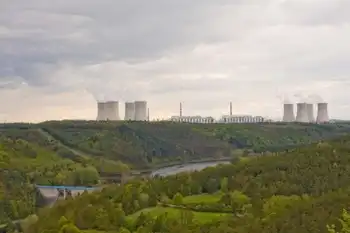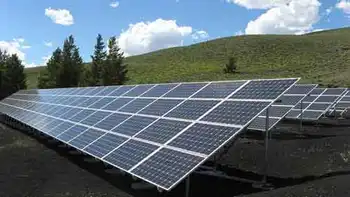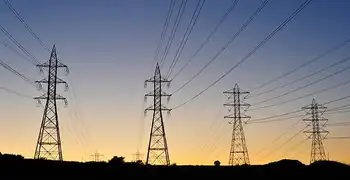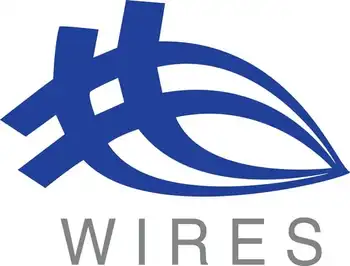Iran resumes nuclear research, angering West
TEHRAN, IRAN - Iran removed U.N. seals at its Natanz uranium enrichment plant and resumed nuclear fuel research, drawing sharp Western criticism but no immediate threats of punitive action.
Tehran denies wanting nuclear technology for anything but a civilian energy program aimed at satisfying the Islamic Republic's booming demand for electricity.
But the United States and the European Union doubt that Iran's atomic ambitions are entirely peaceful and are likely to ask the U.N. Security Council, which can impose economic sanctions, to take up the matter, Western diplomats said.
Western powers had called on Iran to refrain from any work that could help it develop atomic weapons.
"Iran's nuclear research centers have restarted their activities," Mohammad Saeedi, deputy head of Iran's Atomic Energy Organization, told state television.
He said work at the research facilities would be under the supervision of the International Atomic Energy Agency (IAEA), the United Nations nuclear watchdog.
Saeedi told a news conference Iran had come to an agreement with the IAEA on what work Tehran would do. He gave no details.
The IAEA in Vienna confirmed Iran was removing U.N. seals at Natanz, an underground plant in central Iran that Tehran concealed from U.N. inspectors until an Iranian exile group revealed its existence in August 2002.
"The Iranians have begun removing seals at Natanz in the presence of IAEA inspectors," said IAEA spokeswoman Melissa Fleming.
Gregory Schulte, Washington's ambassador to the IAEA, said Iran's move showed its "disdain for international concerns".
"The regime continues to choose confrontation over cooperation," he said in a statement.
The European Union was quick to denounce the resumption of research, which a spokeswoman for EU foreign policy chief Javier Solana labeled "a step in the wrong direction".
German Foreign Minister Frank-Walter Steinmeier said German diplomats would meet Solana and British and French envoys in Berlin this week to decide "whether there is now any basis for further negotiations with Iran".
British Foreign Minister Jack Straw said: "There was no good reason why Iran should have taken this step if its intentions are truly peaceful".
Russia, which is helping Iran build a nuclear power station at the southern port of Bushehr, said Tehran should abide by international commitments and that its decision to resume research caused concern.
European diplomats have said they would seek an emergency meeting of the IAEA to consider referring Tehran to the Security Council for failing to allay fears it is seeking an atom bomb.
It is unclear if Iran will simply test equipment or actually produce small amounts of nuclear fuel in a laboratory. The IAEA did not specify any of the work the Iranians were undertaking.
One EU and one non-EU diplomat said Iran was planning to get 164 centrifuges running at Natanz to try to master the technique of producing nuclear fuel. Centrifuges enrich uranium by spinning it at supersonic speed.
However, such a small cascade would take many years to produce enough bomb-grade uranium for a single weapon.
If enriched to a low level, uranium can be used in power stations such as the one at Bushehr. If enriched further, it can be used in atomic warheads.
An intelligence source said Iran intended to feed uranium hexafluoride (UF6) into the cascade at Natanz soon, but had not informed the IAEA about this.
A Western diplomat close to the IAEA said agency inspectors were at Natanz and would report anything the Iranians did there to the IAEA board of governors. "The facility is fully safeguarded," the diplomat said.
However, Saeedi denied any suggestion that Iran was resuming the production of nuclear fuel at the Natanz facility.
"There is a difference between research and producing nuclear fuel.... The production of nuclear fuel is still under suspension," he told the news conference.
Related News

We Energies refiles rate hike request driven by rising nuclear power costs
MADISON - Wisconsin's largest utility company is again asking regulators to raise rates to pay for the rising cost of nuclear energy.
We Energies says it needs to collect an additional $26.5 million next year, an increase of about 3.4%.
For residential customers, that would translate to about 73 cents more per month, or an increase of about 0.7%. Commercial and industrial customers would see an increase of 1% to 1.5%, according to documents filed with the Public Service Commission.
If approved, it would be the second rate increase in as many years for about 1.1 million We Energies customers, who saw a…




